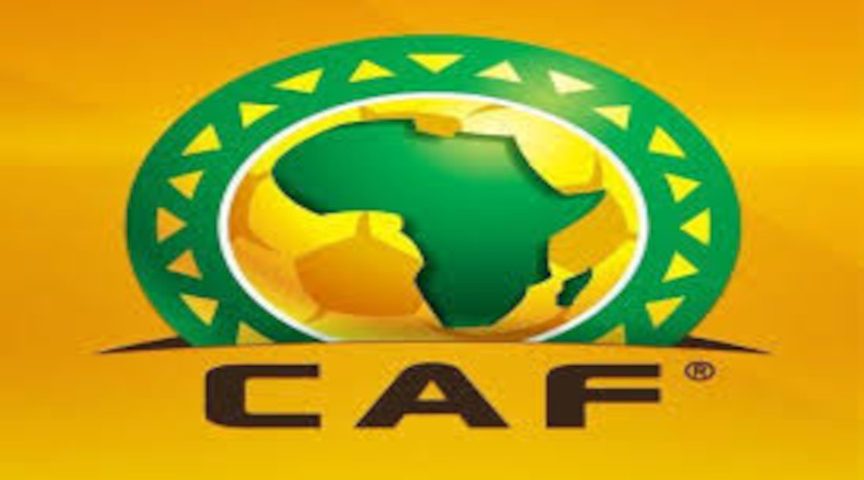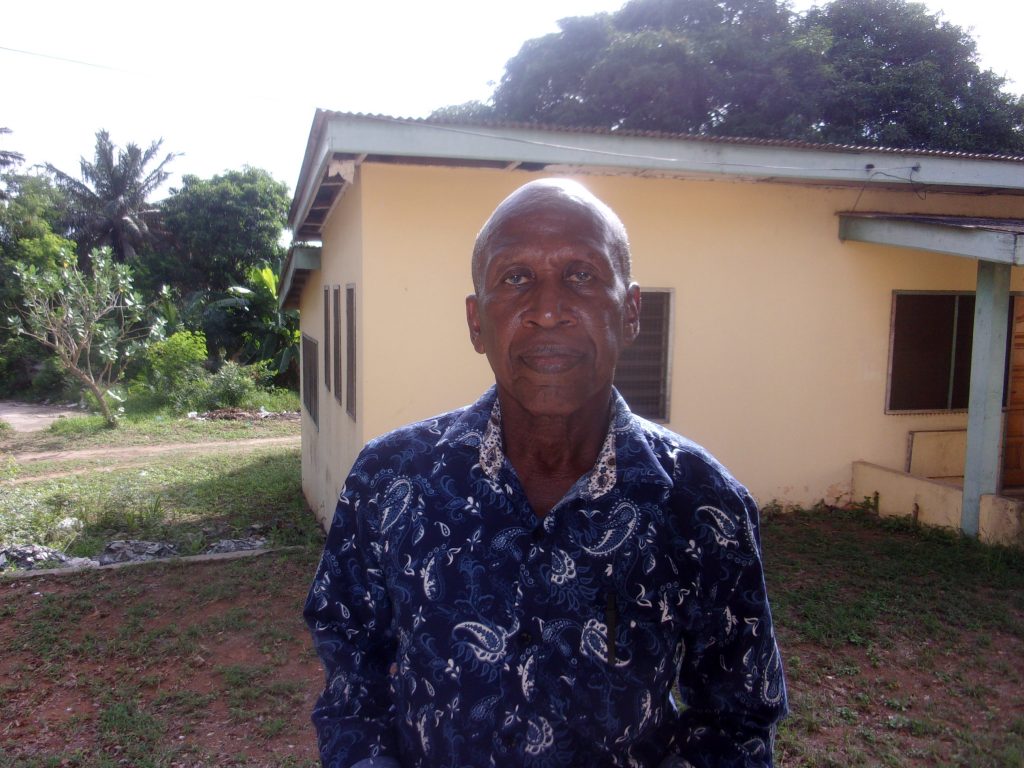Historic AFCON (Part Three)

Historic AFCON (Part Two)
January 2, 2024
Historic AFCON (Part Four)
January 2, 2024Historic AFCON (Part Three)

By Satish Sekar © Satish Sekar (December 29th 2023)
The Legacy
In November 1965 Charles Gyamfi became the first coach to win consecutive editions of the Africa Cup of Nations (AFCON) in Tunisia. It included a 5-2 demolition of Congo-Leopoldville, now the Democratic Republic of Congo. 18 days later the African champions defeated the late Léon Mokuna Mutombo’s team in their own country 3-0.
You’d have got long odds if you bet on Congo-Kinshasa, as they had become by the next edition to beat Ghana in the next edition. Osei Kofi – one of the few to play for both Accra’s Hearts of Oak and their biggest domestic rivals, Kumasi’s Asante Kotoko – now the Reverend Osei Kofi was joint top scorer and Best Player in the 1965 edition. Ghana beat the hosts Tunisia 3-2after extra time – the first final to require it, yet the Carthage Eagles were fortunate to progress. They had the same points and goal difference as debutants, Sénégal, both beating Ethiopia by four goals, but the hosts’ goal average was better, so they advanced to the final. La Côte d’Ivoire won the battle of the debutants 1-0 against Sénégal to secure third place. Osei Kofi had scored in every match, including the final – Accra’s Great Olympics’ scored the winner in extra time – the first to do so.

The Power of Football
Ghana’s Football Revolution was destroyed from within, but African leaders had learned a lesson – football was popular with ordinary people and they wanted success. Ghana had delivered, but its coup opened the door for others. The first to take advantage was a thug and kleptocrat – one of the worst in Africa’s history Joseph Désiré Mobutu, later to become known as Mobutu Sese Seko. He ruled the country from 1965 until 1997 when he fled due to an insurrection led by Laurent Kabila. Mobutu died in 1997.
He understood the power of sport, starting with football as TP (Tout Puissant) Engelbert, now TP Mazembe dominated club football in 1967. Congo-Kinshasa were unlikely winners. They had been demolished 5-2 and 3-0 in November 1965 by Ghana and even lost to them 2-1 on January 12th 1968 in Ethiopia’s second AFCON.
Both semi finals went to extra time. Congo-Kinshasa downed the hosts, Ethiopia, 3-2 and Ghana beat Ivory Coast 4-3, setting up the second meetings between the Ivorians and Ethiopia, and Ghana and Congo-Kinshasa. Ethiopia had won the group stage match 1-0. The Ivorians reversed that result to claim third place. The group stage matches mattered little as Csanádi Ferenc’s team upset conventional football wisdom to produce what was then the biggest upset in AFCON history. The late Pierre Kalala Mukendi only scored once in the tournament, but it was the AFCON title-winning goal – the goal which ended Ghana’s domination of African football.
While Asante Kotoko took a small measure of revenge over TP Engelbert by beating them in the final of the African Cup of Champions Clubs Final in 1968, it was scant consolation. However, Mobutu’s sports-based strategy was underway. At first it was football dominated, but he was not the only military strongman to realise the power of football.
The Political Context of Sudan’s AFCON Triumph

Jafaar Nimeiry who had seized power in Sudan from Ismail al-Azhari in a military coup in 1969 also knew the power of football, and its benefits to military strongmen. He had seen that the first to benefit from the exporting of Nkrumah’s Football Revolution had been a military strongman.
Nimeiry knew that Sudan had reached finals before but had failed to deliver the prize, and that hosting the finals offered the best chance of winning. He also knew that whoever was in power at the time alone had the opportunity to benefit. This was his chance and the stakes were high and he knew it.
Sudan was a young nation in terms of independence, securing it from Egypt in 1956. A Sudanese Sovereignty Council (SSC) governed with Azhari as its first Prime Minister. But its military soon intervened. General Ibrahim Abboud seized power in 1958. He stayed in power for six years before he was ousted in a popular uprising against military rule. Until General Omar Al-Bashir’s regime was toppled no other Sudanese government had been responsible for the deaths of its people than Aboud.
The political situation in the south proved intractable. Aboud resigned in November 1964. While Sudan’s first period of military dictatorship, which involved repression, killings and other human rights abuses, and also gross economic mismanagement, had ended, civilian rule faced severe problems, and did not last long.
Another Sovereignty Council (SSC) held power from December 1964 for just over six months, handing over power to Azhari in June 1965. There were seven members of the SSC, which included Abdel Halim Mohamed Abdel Halim Musaad Hashim[1] He would not complete his term. He was ousted just under four years after becoming Sudan’s President. The military were back in power after Nimeiry’s coup of May 25th 1969. The prominent writer, Muhammad Ahmad Magoub was Prime Minister twice in this government, but was ousted by Nimeiry’s coup. Nimeiry had less than nine months to consolidate power and organise Sudan’s AFCON challenge.
[1] Abdel Halim was a physician, writer and political activist. He died within a week of his 99th birthday. He was a member of the second SSC in Sudan’s history and played an important role in Sudanese and African sport. In 1965, shortly after the SSC handed over power, Ian Smith declared a Unilateral Declaration of Independence in Rhodesia (now Zimbabwe). The Confédération Africaine de Football (CAF) immediately threw Rhodesia out of African football. Abdel Halim was the President of the Sudanese Football Association from 1953, playing a vital role in foundation of CAF. He was the third President of CAF from 1968 to 1972, meaning he was its President when FIFA expelled Rhodesia in 1970 due to its racist policies, and interim President after the death of his successor Yidnekatchew Tessema until Issa Hayatou was elected as the next President of CAF. Abdel Halil was involved in other sporting activities in Sudan and Africa and strongly opposed South Africa and Rhodesia’s racist policies in football.


